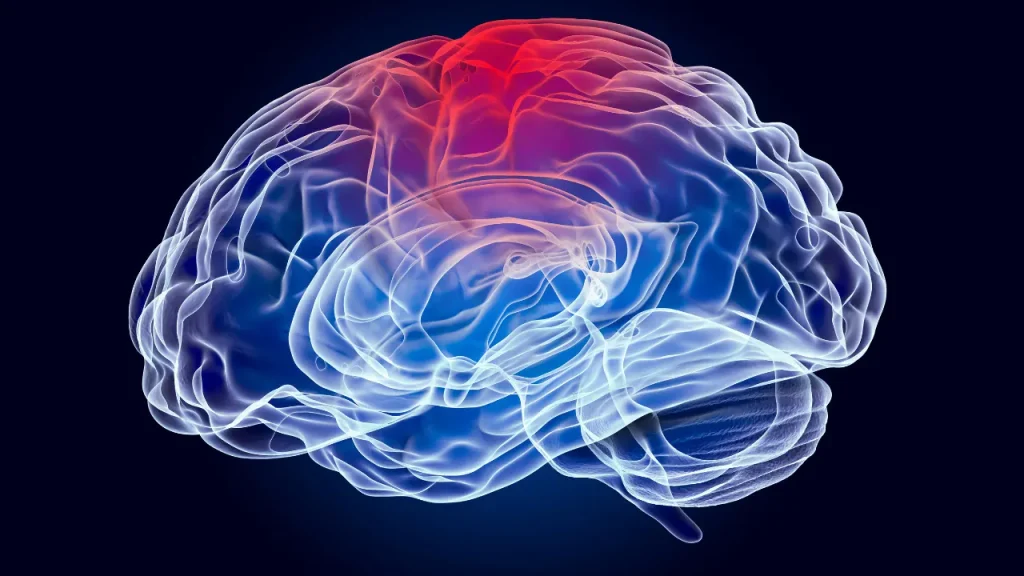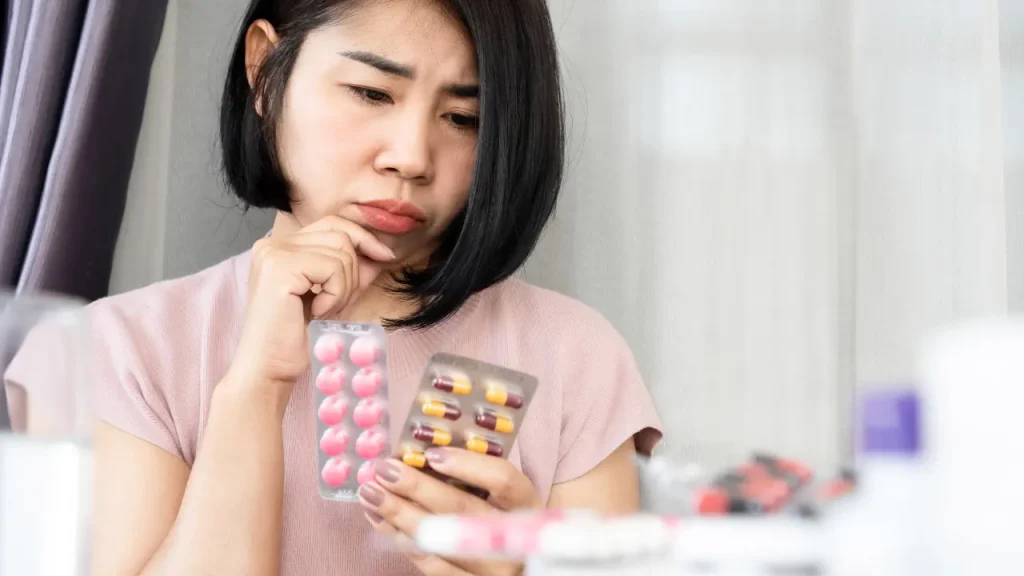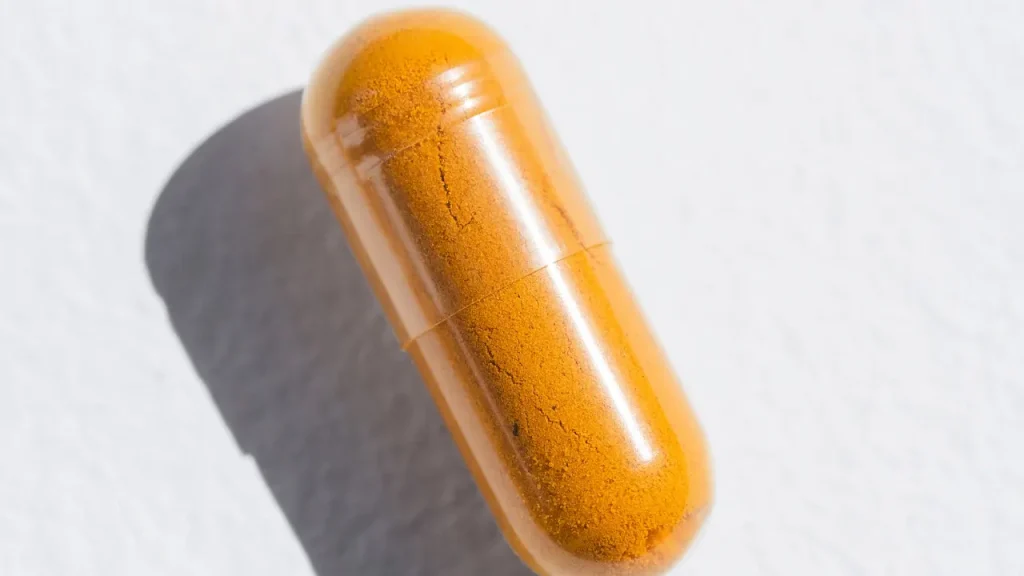Benzoin is a natural resin that comes from the wood of the Styrax tree. It is also called benzoin. It has been used in traditional medicine for hundreds of years because it has many healing qualities. Recently, it has become popular as a nutritional supplement because it might be good for your health. This piece will tell you everything you need to know about benzoin, including what it is, how it works, the best way to take it, any side effects, possible drug interactions, and other useful information for using it safely.
You May Also Like:
Keep Your Brain Young With the 5 Most Powerful Nootropic Supplements
BENZOIN: Benefits, Dosage, Side Effects, Drug Interactions, And Other Important Information is an original (NootropicsPlanet) article.
Nature of Benzoin:
The stem of the Styrax tree is where you can get benzoin, which is a yellowish-brown resin. The glue is made up of many different chemicals, such as benzoic acid, benzaldehyde, and vanillin. It smells sweet, balsamic, and vanilla-like, and many food and beauty items use it as a flavouring or fragrance ingredient.
Health Benefits of Benzoin:
Researchers have found that benzoin has a number of health benefits, such as antibacterial, antifungal, anti-inflammatory, and antioxidant qualities. Here are some of the ways benzoid could be good for your health.
1. Antibacterial Properties: Benzoin has been shown to kill germs like Staphylococcus aureus, Escherichia coli, and Pseudomonas aeruginosa. This is due to the fact that it contains benzoic acid, which has been shown to stop germs from growing.
2. Antifungal Properties: Benzoin has been shown to kill fungi, such as Candida albicans, Aspergillus flavus, and Fusarium oxysporum. This is because it has benzaldehyde in it, which has been shown to stop mushrooms from growing.
3. Anti-inflammatory Properties: Benzoin has been shown to have anti-inflammatory properties, which may help people with inflammatory illnesses like arthritis and psoriasis. The fact that benzoic acid is in benzoin is what gives it its anti-inflammatory effects. Benzoic acid has been shown to lower inflammation in the body.
4. Antioxidant Properties: Benzoin has been shown to have antioxidant properties, which may help protect the body from oxidative stress and the harmful effects of free radicals. The fact that vanillin is in benzoin is what gives it its antioxidant qualities. Vanillin has been shown to get rid of free radicals and protect against oxidative damage.
The best amount of benzoin to take depends on the person and what it will be used for. Most of the time, 100–200 mg per day is what is suggested for medical use. More study is needed to figure out the safe and effective dose of benzoin, and people should always talk to a doctor before starting a new supplement regimen.

Chemistry of Benzoin:
Benzoin is made up of many different chemicals, such as benzoic acid, benzaldehyde, vanillin, and others. Benzoic acid is a white solid that is crystalline and dissolves in both water and alcohol. It smells mildly fruity. Because it kills germs, it is often used to keep food fresh.
Benzaldehyde is a clear liquid that smells like almonds. It is used to add flavour and scent to different foods and beauty items. Vanillin is a white, crystalline material that smells strongly and sweetly like vanilla. It is used to add flavour and scent to different foods and beauty items.
In addition to these compounds, benzoin also includes cinnamic acid, eucalyptol, and terpenes, among others. These compounds add to the many health benefits of benzoin and to its complex aroma and flavour.
The science of benzoin is hard to understand and is still not fully known. More study needs to be done to fully understand benzoin’s chemical makeup and the specific compounds that give it its many health benefits. Still, the fact that benzoin contains benzoic acid, benzaldehyde, and vanillin shows how important these chemicals are to the healing effects of this natural resin.
Physiological Mechanism of Action:
The exact way that benzoin works in the body is still not fully known. But it is thought that the health benefits of benzoid come from the different chemicals it contains, such as benzoic acid, benzaldehyde, and vanillin. For example, benzaldehyde has been shown to kill germs by breaking up their cell membranes. Vanillin, on the other hand, has been shown to kill free radicals and protect cells from oxidative damage. Also, it has been shown that benzoic acid can stop inflammation by stopping the production of inflammatory molecules.
Benzoin may have secondary effects on the brain and nervous system in addition to its direct effects on different parts of the body. For example, benzoin has been shown to have a calming effect and may help lower anxiety and stress. It is thought that the calming effect comes from the benzaldehyde, which has been shown to have sedative qualities.

Optimal Dosage
The best amount of benzoin to take depends on the person and what it will be used for. Most of the time, 100–200 mg per day is what is suggested for medical use. But it’s important to remember that more study is needed to figure out the safe and effective dose of benzoin, and people should always talk to a doctor before starting a new supplement plan.
A medical professional can help a person figure out the right amount of benzoin for their needs and make sure it is safe and effective. It is important to follow the recommended dosage and not take more than the maximum suggested dose, as this may increase the risk of side effects.
Side Effects of Benzoin:
When taken in the right amounts, benzoin is usually thought to be safe. But some people may have side effects, such as irritated skin, allergic responses, and stomach problems. In rare cases, benzoin can also damage the liver or cause problems with other medicines, so it’s important to talk to a doctor before taking this supplement.
Potential Substance Interactions with Benzoin:
Some medicines, like anti-anxiety drugs, sleep aids, and blood-thinning drugs, may not work well with benzoin. Before taking benzoin, people who take these medicines should always talk to a doctor or nurse, as it may make the affects of these medicines stronger and increase the risk of side effects.

Best Responsible Use of Benzoin:
It’s important to talk to a health care provider before starting a new supplement plan. This is especially important if you take medicines or already have health problems, since benzoin can cause side effects when combined with some medications.
The best amount of benzoin to take depends on the person and what it will be used for. Most of the time, 100–200 mg per day is what is suggested for medical use. It is important to follow the recommended dosage and not take more than the maximum suggested dose, as this may increase the risk of side effects.
The best place to keep benzoin is in a cool, dry place away from heat and light. It should be kept out of reach of kids and dogs because if they ate a lot of it, it could be dangerous.
Be aware of drug interactions. Benzoid may combine with some drugs, such as anti-anxiety drugs, sleep aids, and blood-thinning drugs. Before taking benzoin, people who take these medicines should always talk to a doctor or nurse, as it may make the affects of these medicines stronger and increase the risk of side effects.
BENZOIN:
Conclusion
Traditional uses of natural resin are now becoming increasingly mainstream. Benzoin is a great natural solution for those who with mild or developing fungal infections and for those who are in need of anti-inflammatory assistance. Though many take benzoin as an edible supplement, it can be used in tincture or cream form. It is effective in the treatment of persistent wounds, like canker sores. Always check in with your doctor before using benzoin frequently in any form. Use benzoin in conjuction with other anti-inflammatory supplement for the best results, such as turmeric or ginger.

References:
- “Benzoin – Overview, Uses, Side Effects, Precautions, Interactions, Dosing, and Reviews”. Retrieved From: https://www.webmd.com/vitamins/ai/ingredientmono-351/benzoin
- “Benzoin”. Retrieved From: https://pmc.ncbi.nlm.nih.gov/articles/PMC10221542/
Important Note: The information contained in this article is for general informational purposes only, and should not be construed as health or medical advice, nor is it intended to diagnose, prevent, treat, or cure any disease or health condition. Before embarking on any diet, fitness regimen, or program of nutritional supplementation, it is advisable to consult your healthcare professional in order to determine its safety and probable efficacy in terms of your individual state of health.
Regarding Nutritional Supplements Or Other Non-Prescription Health Products: If any nutritional supplements or other non-prescription health products are mentioned in the foregoing article, any claims or statements made about them have not been evaluated by the U.S. Food and Drug Administration, and such nutritional supplements or other health products are not intended to diagnose, treat, cure, or prevent any disease.


